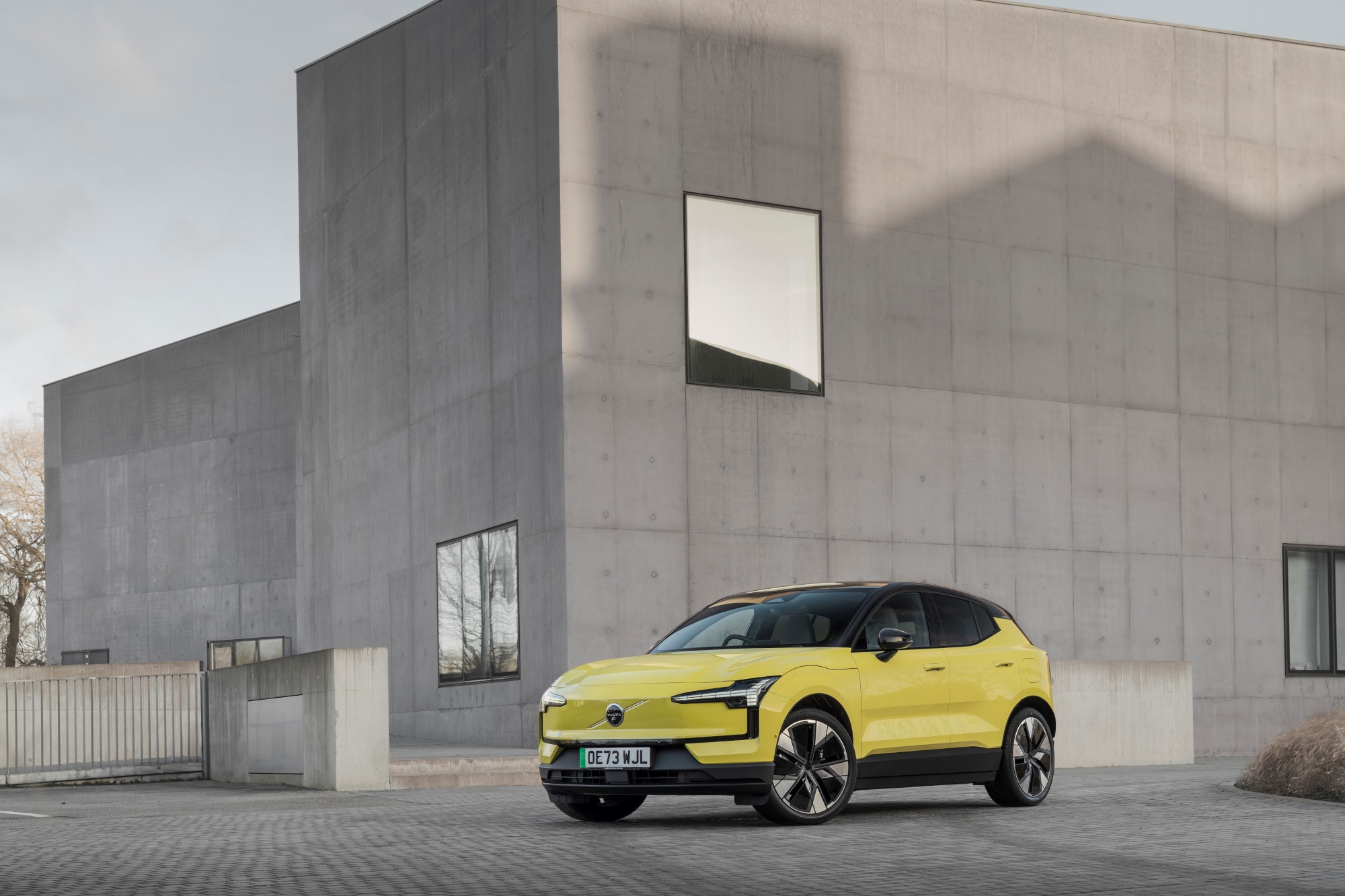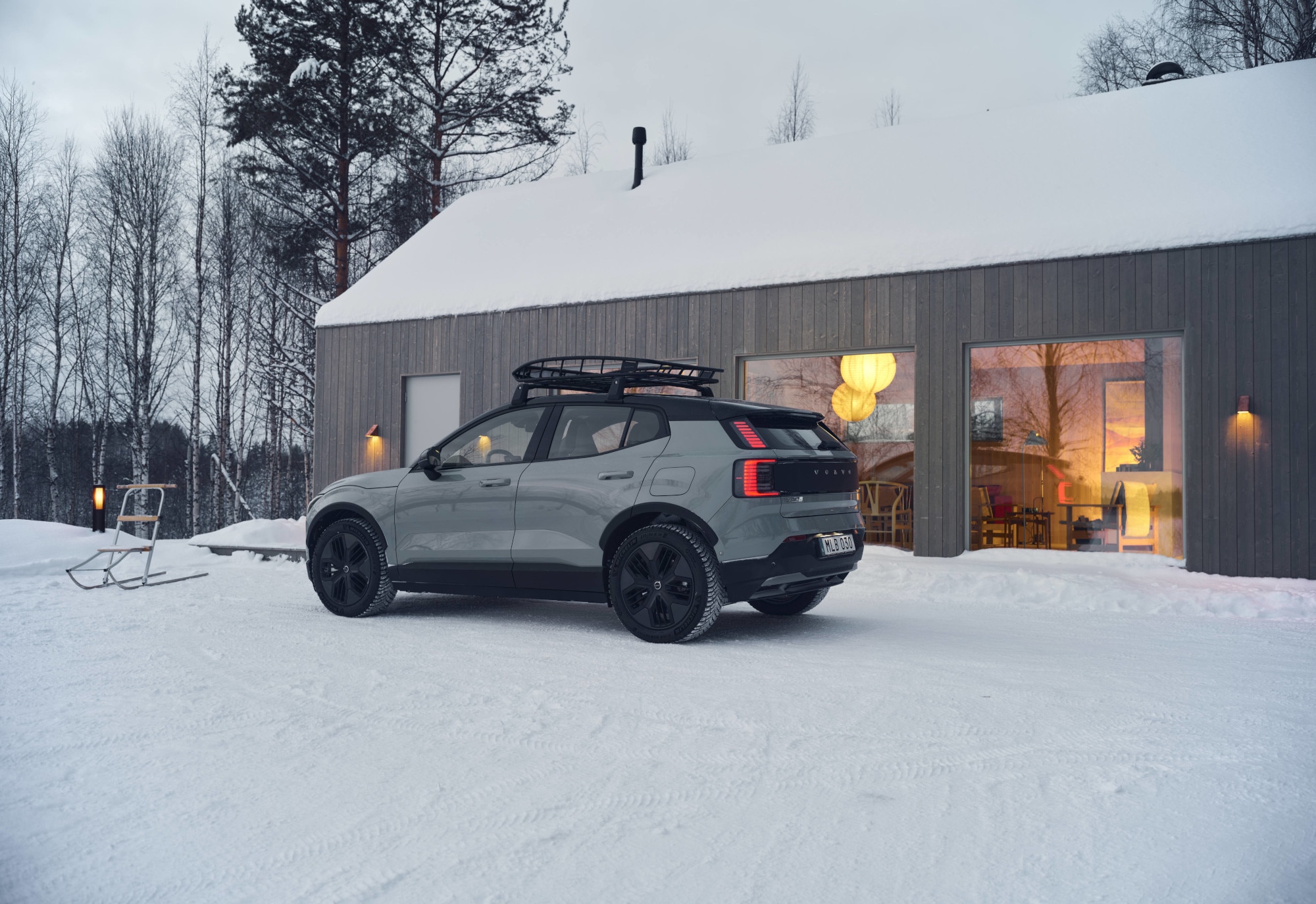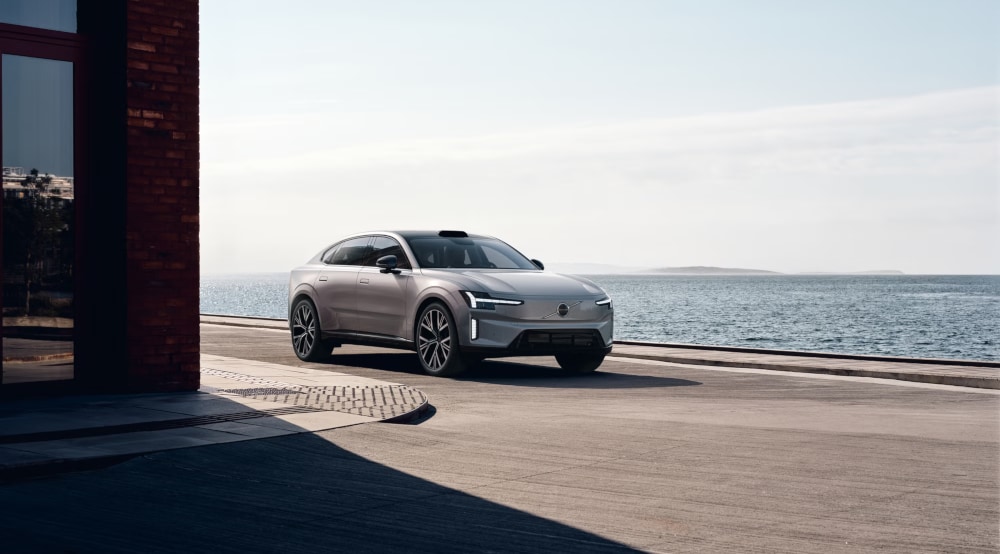
It’s no coincidence Volvo’s latest cars are the quickest it has ever made. Electric cars easily outperform petrol and diesel equivalents – here’s why:
Electric cars are typically heavier than their gasoline-powered counterparts—mostly due to the large battery packs needed for a decent driving range. Yet, despite carrying extra weight, they tend to be far more responsive, powerful, and quicker off the line.
That’s because electric vehicles (EVs) use motors, which are much more efficient than gasoline or diesel engines. They have fewer moving parts and experience lower energy losses. EV motors also deliver instant maximum torque—the force that turns the wheels—whereas traditional vehicles take longer to reach their peak performance.
Instant Torque, Instant Power
With an internal combustion engine (ICE), pressing the accelerator triggers a complex chain reaction involving air, fuel, spark plugs, pistons, crankshaft, flywheel, clutch, gearbox, differential, and more. Only after this process, while expelling exhaust gases, does power finally reach the wheels via the crankshaft.
To achieve maximum torque—measured in pound-feet (lb-ft)—an ICE typically needs to reach between 1,500 and 4,500 revolutions per minute (RPM), depending on the vehicle. This happens relatively quickly, but there is still a delay, and a significant portion of the energy is lost in the process.


EVs, on the other hand, operate much more simply because they don’t burn fuel to convert it into mechanical energy. When the driver presses the accelerator, power moves instantly from the battery to the motor. The motor then spins, creating rotational force (torque), which is directly transferred to the wheels through a simplified transmission system.
Since EVs generally have just one gear, there’s no need for revving to reach peak engine speed and maximum torque. This results in superior responsiveness and acceleration compared to gasoline or diesel-powered vehicles. Additionally, EV acceleration is smooth, powerful, and continuous.
One possible downside, depending on perspective, is that a single-gear setup limits top speed. Volvo, for instance, has capped the speed of models like the EX30, C40 Recharge, XC40, and EX90 at 112 mph.
However, there are numerous advantages. With fewer mechanical components, there’s much less that can break down or wear out, significantly reducing maintenance. For example, service intervals on the Volvo EX30 are every two years or 20,000 miles—roughly twice the interval of gasoline-powered equivalents. Lower maintenance costs, combined with never having to buy gas or diesel again, make EVs much cheaper to own and operate.
Power, Torque, and Acceleration: A Winning Combination
Power, torque, and acceleration go hand in hand. A car can have a lot of torque and accelerate quickly, but without enough power, it won’t sustain high speeds for long. This is why EV battery packs currently need to be quite large. However, advancements in battery chemistry will likely lead to smaller, lighter packs with higher energy density—storing more power in a compact space.
While traditional vehicles rate power in terms of brake horsepower (BHP), EV output is measured in kilowatts (kW). One BHP is roughly equal to 0.75 kW. For instance, the high-performance Volvo EX30 Twin Performance Ultra delivers 315 kW, equivalent to 422 BHP.
That’s an impressive amount of horsepower for a small vehicle. Coupled with instant maximum torque of 401 lb-ft, the Volvo EX30 can accelerate from 0 to 60 mph in just 3.4 seconds. That makes it Volvo’s quickest production car ever—fast enough to outpace a 2023 Porsche 911 Carrera T in a sprint.


Other advantages of instant torque, high power, and rapid acceleration include effortless highway merging, quick overtaking, better maneuverability in city traffic, and smooth hill climbs.
All in all, when it comes to performance, electric vehicles are leaving their internal combustion counterparts in the dust.
Click here to browse our inventory of fully-electric Volvos, available now at Portland Volvo Cars, in Scarborough, ME.
Click here to browse our inventory of fully-electric Volvos, available now at Portland Volvo Cars, in Scarborough, ME.